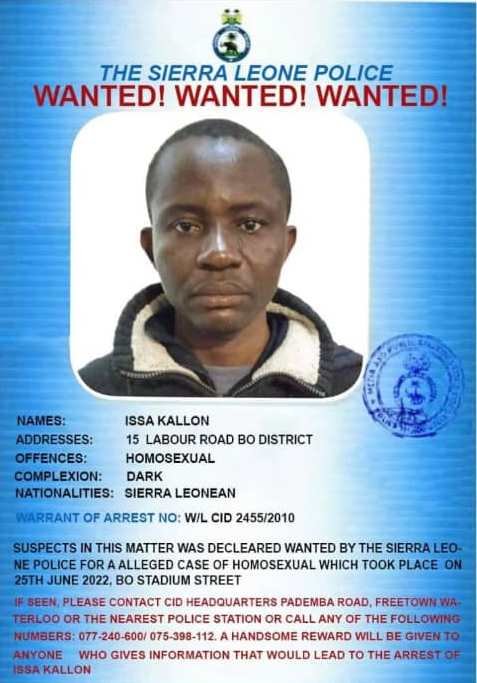The rampant misuse of Tramadol among the youth of Sierra Leone has escalated into an alarming and heartrending crisis, endangering public health, safety, and the very future of the nation. Tramadol, a prescription painkiller intended for the management of moderate to severe pain, has increasingly been misappropriated as a recreational drug, enticing many young individuals into its grasp. In their quest for a fleeting sense of euphoria or an escape from the relentless struggles and hardships of daily life, these youths often underestimate the drug’s long-term consequences. This disturbing trend has sparked a cascade of devastating physical, mental, and social repercussions.
One of the most troubling aspects of this growing crisis is the alarming accessibility of Tramadol.
Despite its classification as a controlled substance, it is readily obtainable on the black market, with unscrupulous vendors prioritizing profit over the health and safety of the community. Vulnerable young people, particularly those from impoverished backgrounds, can purchase the drug with alarming ease, often without the oversight of a medical professional. Factors such as peer pressure, pervasive unemployment, grinding poverty, and insufficient educational opportunities exacerbate this epidemic. As feelings of hopelessness and frustration mount, many turn to substances like Tramadol as a misguided coping mechanism.
The ramifications of Tramadol misuse are not only severe but also encompass multiple dimensions of life. Physically, the excessive consumption of this drug can spiral into addiction, precipitating respiratory complications, seizures, and in some tragic cases, death. Mentally, prolonged use can lead to debilitating depression, crippling anxiety, and bouts of psychosis, complicating the reintegration of these individuals into society. The social fabric of communities also suffers significantly; families are fractured as loved ones battle the relentless grip of addiction, and communities bear the brunt of rising crime rates and diminished productivity. The youth, who ideally should form the bedrock of Sierra Leone’s growth and development, find themselves caught in a harrowing cycle of dependency and despair.
Moreover, this crisis places an incredible burden on an already beleaguered healthcare system. Hospitals and rehabilitation centres often lack the resources and infrastructure necessary to manage the burgeoning number of cases associated with substance abuse. Many individuals grappling with addiction are left untreated, either due to financial constraints or the pervasive stigma surrounding drug dependence that dissuades them from seeking help.
To combat this pressing issue, a comprehensive and multifaceted approach is imperative. Public awareness campaigns must be urgently implemented to enlighten young individuals about the grave dangers of Tramadol misuse. Law enforcement agencies must intensify their efforts to dismantle the networks of illegal drug sales, effectively targeting both suppliers and distributors. Concurrently, government policies should prioritize the creation of sustainable opportunities for youth—through skill development programs, access to quality education, and employment initiatives—to address the underlying catalysts of drug abuse.
Furthermore, the establishment of robust community-based support systems and rehabilitation programs is crucial for aiding those already ensnared in addiction. Influential figures such as religious leaders, community elders, and local youth organizations can foster vital dialogue and establish a nurturing environment conducive to recovery. Both government and non-governmental organizations need to collaborate closely in fortifying regulations governing the sale and distribution of Tramadol, ensuring that it is reserved strictly for legitimate medical use.
The alarming misuse of Tramadol among Sierra Leone’s youth transcends a mere health issue; it represents a profound societal crisis that jeopardizes the very fabric of the nation. Effectively addressing this problem demands collective action, empathy, and a steadfast commitment to building a future where young people are equipped with the opportunities and support necessary to thrive. If decisive action is not taken, the consequences will be dire, resulting in further loss of lives and potential and leaving an indelible scar on the nation’s future.











































































































































































































































































































































































































































































































































































































































































































































































































































































































































































































































































































































































































































































































































































































































































































































































































































































































































































































































































































































































































































































































































































































































































































































































































































































































































































































































































































































































































































































































































































































































































































































































































































































































































































































































































































































































































































































































































































































































































































































































































































































































